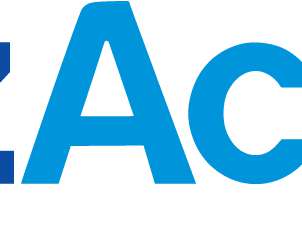Data science vs. machine learning: What’s the difference?
IBM Big Data Hub
JULY 6, 2023
While data science and machine learning are related, they are very different fields. In a nutshell, data science brings structure to big data while machine learning focuses on learning from the data itself. What is machine learning? This post will dive deeper into the nuances of each field.













Let's personalize your content